
Purification
of the Heart

SIGNS, SYMPTOMS, AND CURES OF THE
SPIRITUAL DISEASES OF THE HEART
Translation and Commentary
of Imam al-Mawlds'Maharat al-Qulb
Hamza Yusuf

Published by Sandala, Inc, 2012
www.sandala.org
info@sandala.org
Copyright 2012 by Hamza Yusuf. Some rights reserved.
Revised edition.
This work is licensed under the Creative Commons Attribution-NonCommercial-NoDerivs 3.0 Unported License. To view a copy of this license, visit http://creativecommons.org/licenses/by-nc-nd/3.0/ or send a letter to Creative Commons, 444 Castro Street, Suite 900, Mountain View, California, 94041, USA.

Printed in the United States of America.
ISBN -10: 098556590
ISBN -13: 978-0-9855659-0-9
Cover Photography: Peter Sanders
Cover Design and Layout: Abdallateef Whiteman
Managing Editor: Uzma Husaini
Contents


Acknowledgments
On the Day of Judgment no one is safe save the one who returns to God with a pure heart. ( QURAN)
Surely in the breasts of humanity is a lump flesh, if sound then the whole body is sound, and if corrupt then the whole body is corrupt. Is it not the heart? (Prophet Muhammad  )
)
Blessed are the pure at heart, for they shall see God. (Jesus  )
)
Whoever has not thanked people, has not thanked God, said the Prophet Muhammad  . This work is the result of the collaboration of many people. I am honored to have studied the meanings of this poem with my friend and pure-hearted teacher Abdallah ould Ahmadna. I also thank the eminent scholar and spiritual master, Shaykh Muhammad Hasan ould al-Khadim, for giving me license to teach and translate the poem and whose outstanding commentary on it was my constant companion during the classes and remains so today. Thank you, Feraidoon Mojadedi, for your continued love and support and for having the zeal to organize the classes and the small, blessed school that would become Zaytuna. More gratitude than can be expressed goes to Dr. Hisham al-Alusi, who humbly sat on the floor against the window to attend the original classes that would become this text. He saw from the start the importance of this work and, through his extraordinary efforts, helped realize more than I had hoped to with the Zaytuna Institute and now Zaytuna College. I also thank my sister Nabila, who has worked tirelessly through Alhambra Productions (now Sandala, Inc.) and Kinza Academy to spread this message. Im grateful to Hisham Mahmoud for his careful editing of the translation of the poem, and to my friend and artist Abdullateef Whiteman for his beautiful design of the cover. I am also deeply thankful and appreciative to all those who worked diligently on the transcription, proofreading and editing of the text. Finally, my immense gratitude goes to the mother of my children, Liliana, whose pure heart is fortunate enough not to need the contents of this book.
. This work is the result of the collaboration of many people. I am honored to have studied the meanings of this poem with my friend and pure-hearted teacher Abdallah ould Ahmadna. I also thank the eminent scholar and spiritual master, Shaykh Muhammad Hasan ould al-Khadim, for giving me license to teach and translate the poem and whose outstanding commentary on it was my constant companion during the classes and remains so today. Thank you, Feraidoon Mojadedi, for your continued love and support and for having the zeal to organize the classes and the small, blessed school that would become Zaytuna. More gratitude than can be expressed goes to Dr. Hisham al-Alusi, who humbly sat on the floor against the window to attend the original classes that would become this text. He saw from the start the importance of this work and, through his extraordinary efforts, helped realize more than I had hoped to with the Zaytuna Institute and now Zaytuna College. I also thank my sister Nabila, who has worked tirelessly through Alhambra Productions (now Sandala, Inc.) and Kinza Academy to spread this message. Im grateful to Hisham Mahmoud for his careful editing of the translation of the poem, and to my friend and artist Abdullateef Whiteman for his beautiful design of the cover. I am also deeply thankful and appreciative to all those who worked diligently on the transcription, proofreading and editing of the text. Finally, my immense gratitude goes to the mother of my children, Liliana, whose pure heart is fortunate enough not to need the contents of this book.
Note to the Reader
I OFFER THIS book to you, the reader, in the spirit of gratitude just as I was taught this text years ago by my teacher, Abdallah ould Ahmadna in a similar spirit - gratitude and thankfulness to our Lord. The purpose of this book, is not, and has never been, for commercial gain, but to help us all along the path of purification, so we can serve humanity, and ultimately God, in the best of ways. In an age where dignity, nobility, and honor have become ideals of the past, it is my sincere hope that works like this may help rekindle the desire for self-improvement and introspection in all of us.
Staying true to this principle, the publishers and I have chosen a Creative Commons copyright, which allows sharing of this book for non-commercial purposes. Portions or excerpts may be scanned or photocopied for use on internet mediums or written works, as long it is not sold or used for material gains or profit.
We, at Sandala, ask in return that you keep us in your prayers and give appropriate credit for the work wherever you may use it. This credit is only so people can choose to help support more of our publishing initiatives. Proceeds from any sales of this book will be utilized for further educational projects and productions. It is our deepest desire to present our sacred tradition in the most dignified of ways, as it deserves, while maintaining affordability and accessibility. Anyone who cannot meet the costs may contact the publishing house, Sandala Inc., and we will be happy and honored to gift them this book or any of our other products.
Such is the essence of our tradition, shukr (gratitude). Just as the Prophet Muhammad  said to Lady ishah
said to Lady ishah  in the midst of his late night prayers, Should I not be a thankful servant?, so too do we hope to always return to the station of gratitude in all of our affairs.
in the midst of his late night prayers, Should I not be a thankful servant?, so too do we hope to always return to the station of gratitude in all of our affairs.
If you are thankful, surely I will increase you. ( QURAN , 14:7)
HAMZA YUSUF
Sandala, Inc.
Translators Introduction
A LMOST UNIVERSALLY, RELIGIOUS traditions have stressed the importance of the condition of the heart. In the Muslim scripture, the Day of Judgment is described as, a day in which neither wealth nor children shall be of any benefit [to anyone], except one who comes to God with a sound heart ( QURAN , 26:88-89). The sound heart is understood to be free of character defects and spiritual blemishes. This heart is actually the spiritual heart and not the physical organ per se, although in Islamic tradition the spiritual heart is centered in the physical. One of the extraordinary aspects of the modern era is that we are discovering aspects about the heart unknown in previous times, although there were remarkable insights in ancient traditions. For instance, according to traditional Chinese medicine, the heart houses what is known as shen, which is spirit. The Chinese characters for thinking, thought, love, the intention to listen, and virtue all contain the ideogram for the heart.
In nearly every culture in the world, people use metaphors that directly or indirectly allude to the heart. We call certain types of people hard-hearted, usually because they show no mercy and kindness. Likewise, people are said to have cold hearts and others yet who are warm-hearted. We speak of people as wearing their hearts on their sleeves because they do not (or cannot) conceal their emotions from others. When someones words or actions penetrate our souls and affect us profoundly, we say that this person touched my heart or touched the core of my being. The Arabic equivalent for the English word core (which originally in Latin meant heart) is known as lubb, which also refers to the heart, as well as the intellect and the essence of something.
Next page
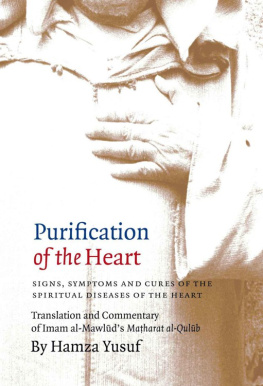
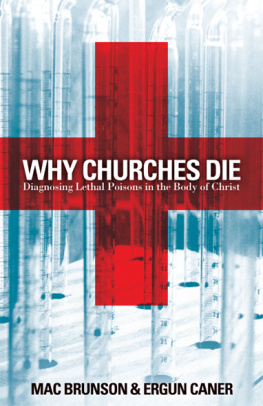


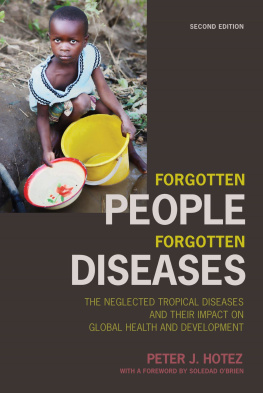
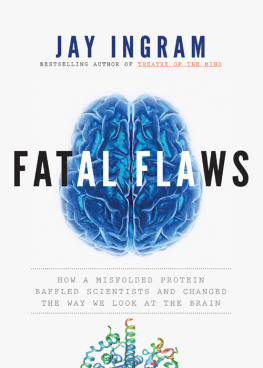

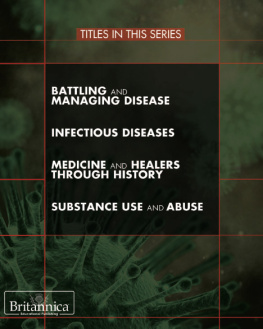
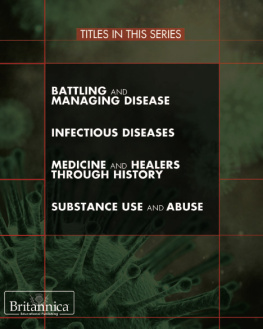






 )
) )
) in the midst of his late night prayers, Should I not be a thankful servant?, so too do we hope to always return to the station of gratitude in all of our affairs.
in the midst of his late night prayers, Should I not be a thankful servant?, so too do we hope to always return to the station of gratitude in all of our affairs.